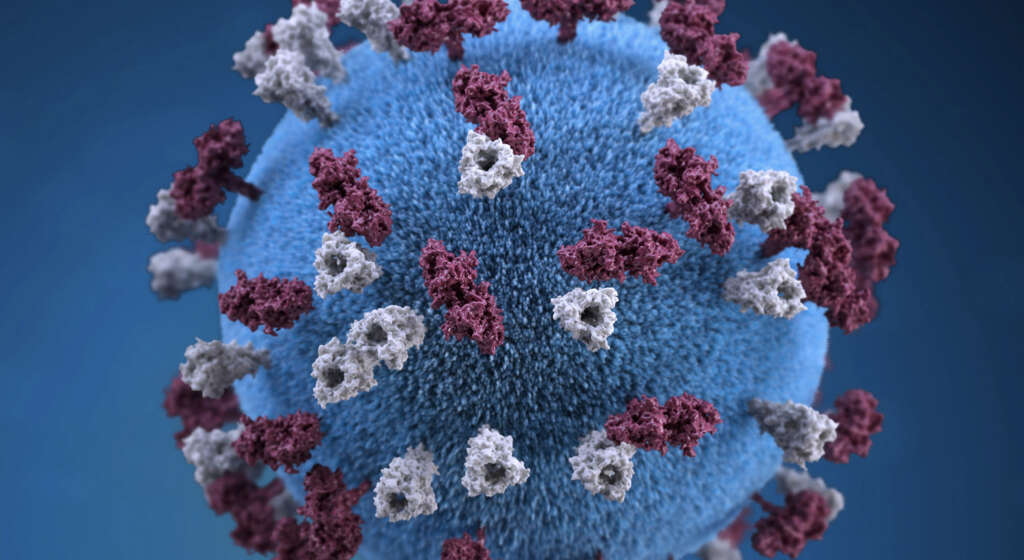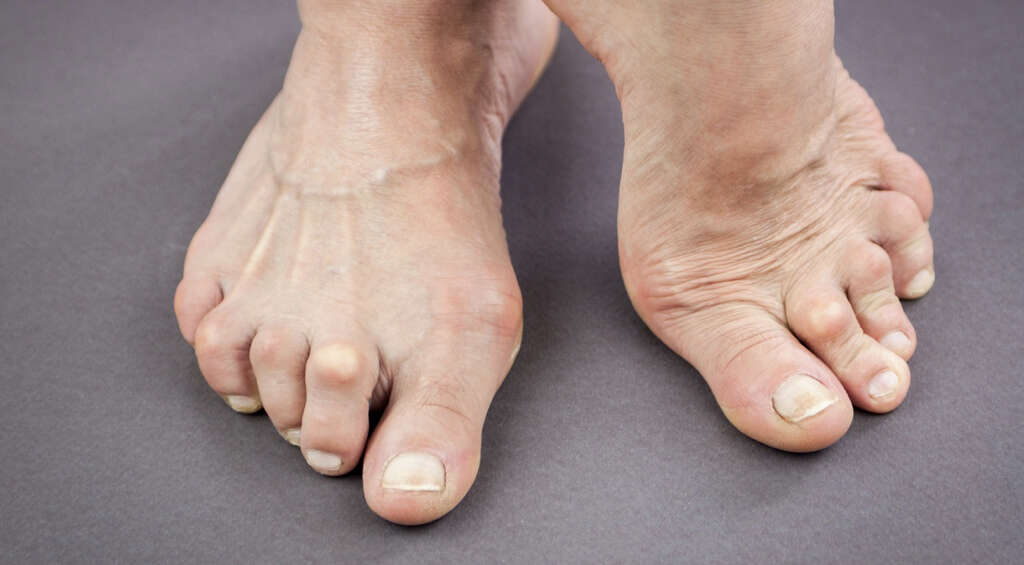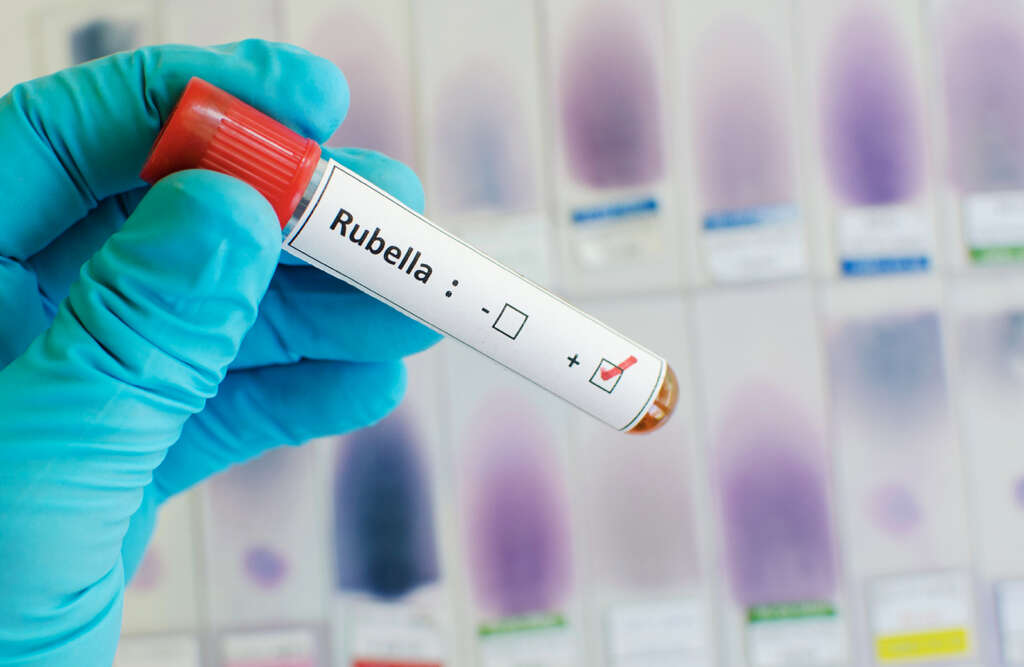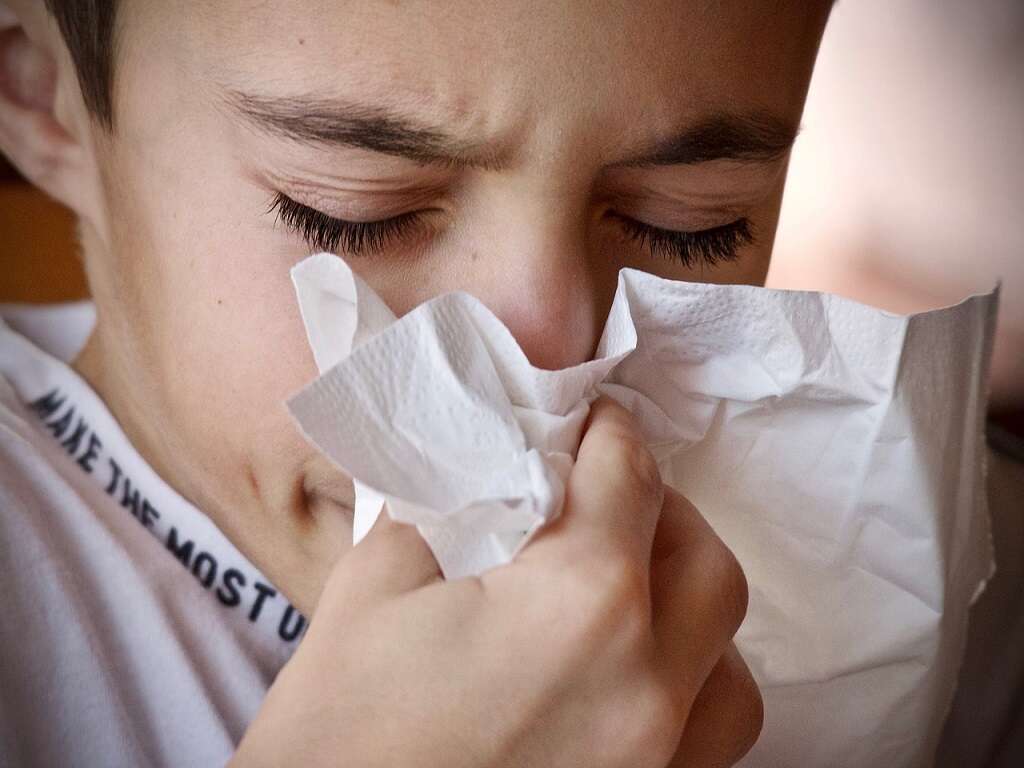What Is Rubella?
Some diseases have been all but wiped off the planet, thanks largely to vaccines that give our immune systems the ability to fight the disease themselves. However, these vaccines are not available everywhere, meaning that the disease will still likely be found in some places in the world.
One such disease is rubella, which is only a mild disease for most people. However, it can be dangerous for some so it should always be treated accordingly, and pregnant women in particular will need to be extra careful. Treatment is not usually necessary, and the symptoms will usually only last for 5 days or so.

1. Rubella
Rubella is a contagious disease that used to be far more common than it is now. It is also called three-day measles, or German measles, but it is not the same disease as measles. Rubella and measles do share many of the same symptoms, however. Rubella is not usually a serious disease for most people.
Many people that have rubella will not even be aware as they will show no symptoms whatsoever. When symptoms do show, they are usually only very mild. It can pose a very real problem for some people, however, so it should not be treated with complacency.

2. Causes
Rubella is caused by a virus of the same name. While it is all but extinct in many parts of the world it is still fairly common in some places. The disease is very contagious and it is spread from person to person. One reason for its contagiousness is that an infected person will be contagious for around 2 weeks before being aware they have the disease.
The disease is typically spread when an infected person coughs or sneezes. This causes infected droplets of bodily fluids to be released into the atmosphere where they can then be inhaled or ingested. The bacteria can survive on surfaces for a while out of the body, and this increases the likelihood of other people becoming infected.

3. Fever
The majority of patients with rubella will have only mild symptoms and, in some cases, the symptoms will be barely noticeable at all. When symptoms do show, it will be around 2 to 3 weeks after the patient was initially infected. One of the most common symptoms of rubella is a fever, which will also be quite mild.
Many patients with the disease will also experience a headache. Aching joints and muscles are another fairly common symptom, and it is more likely to be found in young women. These symptoms are likely to last from between 1 to 5 days.

4. Runny Nose
Rubella will be mistaken for the common cold in some cases. This is because the disease tends to cause a stuffy and runny nose. The patient’s eyes will also sometimes become red and inflamed. In some instances, the patient’s lymph nodes will become enlarged and tender.
The lymph nodes help the body to destroy pathogens as they flow through the blood and the lymphatic system. When there is an infection in the body, the lymph nodes will have to work harder than usual, thus causing them to become swollen. The nodes that are likely to become swollen include those behind the ears, at the base of the skull, and at the rear of the neck.

5. Rash
It is often when the rash appears that it will be revealed that the patient has more than just a cold or the flu. The rash itself is usually pink in color, and will usually start on the patient’s face. From there, the rash can spread to the patient’s arms, legs, and face. The rash will typically be itchy, and it will usually last for around 3 days.
When the rash disappears, it will do so in the same order that it appeared, and it will usually leave behind no marks. The patient will remain contagious for around 2 weeks after the rash has disappeared, further contributing to the contagious nature of the disease.

6. Arthritis
In some people, rubella will also cause arthritis, which is an inflammation of the joints. This will tend to happen in the wrists, fingers, and knees. It is usually only a temporary condition and will clear up within a month or so with no permanent damage being done.
If the virus spreads, it can also cause an ear infection. Ear infections can usually be treated but serious cases can lead to permanent damage to the ears. The virus can also infect the brain, potentially causing a condition known as encephalitis, which is inflammation of the brain. Such cases are, thankfully, very rare.

7. Pregnancy Complications
While rubella is quite harmless to most people, it can be dangerous for pregnant women. Women that have rubella early on in their pregnancy are most likely to develop serious problems. In the majority of cases of rubella early on in pregnancies, around 80% of children will have congenital rubella syndrome.
Children with the condition can expect to experience delays in their growth. Many will also be deaf, and cataracts are another potential symptom of the condition. Defects may also be present in the patient’s organs, and this includes congenital heart defects. The patient will also likely have disabilities intellectually.

8. Prevention
Rubella is very rare in much of the world thanks to vaccines. In many countries, the vaccine is administered to children as a part of vaccination programs. Not everywhere has vaccine programs, however, so people should be mindful of the need for vaccinations before travelling to certain parts of the world.
If you are expecting to travel, you should speak with your doctor to ask whether you need vaccinations. This is especially the case for women that are pregnant, or hoping to get pregnant. There has been a recent resurgence of the disease in many parts of the world because some people are reluctant to vaccinate their children.

9. Diagnosis
The symptoms of rubella are similar to many other diseases, so it can be very difficult to diagnose it without further testing. In many cases, the disease won’t be diagnosed at all because the symptoms tend to be so mild. If rubella is suspected, then blood samples may be taken in order to confirm the diagnosis.
When there is a virus in the body, the immune system will react by producing antibodies. These are proteins that attach themselves to the virus, rendering it unable to do us any harm. Blood tests can look for these antibodies, helping to confirm the presence of the virus.

10. Treatment
Treatment for rubella is usually not deemed necessary. This is because the immune system is usually strong enough to fight the disease alone, and the vast majority of patients will go on to make a full recovery. Patients may be prescribed medication that will help to relieve the severity of their symptoms, however.
Pregnant women do need to be careful, however, and infected people should be isolated from pregnant women where possible. If you are pregnant and you have contracted rubella, then make sure to speak with your doctor as soon as you can. Medication may be provided that can help keep the baby safe, but it is not completely effective.












